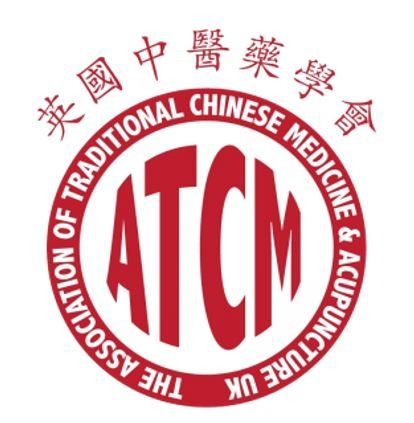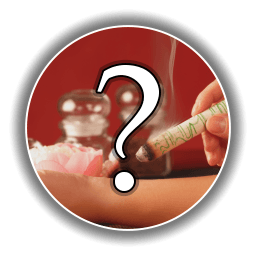Menu
Acupuncture is the stimulation of specific acupoints along the skin of the body involving various methods such as the application of heat, pressure, or laser or penetration of thin needles. It is a key component of traditional Chinese medicine (TCM), which aims to treat a range of conditions. It is a form of complementary and alternative medicine. According to traditional Chinese medicine, stimulating specific acupuncture points corrects imbalances in the flow of qi through channels known as meridians.
Traditional Chinese medicine (TCM) is a broad range of medicine practices sharing common concepts which have been developed in China and are based on a tradition of more than 2,000 years, including various forms of herbal medicine, acupuncture, massage (Tui na), exercise (qigong), and dietary therapy.
The doctrines of Chinese medicine are rooted in books such as the Yellow Emperor’s Inner Canon and the Treatise on Cold Damage, as well as in cosmological notions like yin-yang and the five phases.
As a member of both the BAcC and the RCHM and therefore following strict codes of practice to ensure the safety of any patient receiving TCM, I would say that TCM is safe. However there are certain cases and certain clients for whom TCM may not be an appropriate form of treatment. The initial consultation would identify such cases.
I would never recommend anyone to stop taking any medication prescribed for them without first consulting and getting the agreement of the prescribing Doctor.
I would prefer that Doctors are kept fully informed as to all treatments being taken including TCM and self prescribed medications.
Individual’s experience of needling varies greatly. It is important that the needling sensation is felt by the individual and that the information is fed back in order to know that the treatment has been delivered effectively. Some people describe the sensation as a “Dull ache” or a “small sting”. It has not been my experience that any client feels an intolerable sensation.
This varies depending on the nature of the medication. Herbal Medicines will most commonly be given in concentrated forms i.e. powders but may also be given as raw herbs which can be made into an infusion. (A full information sheet will be given for each treatment prescribed).
This is decided on a case by case basis and will be discussed fully at the initial consultation with frequent reviews as treatment progresses. Some conditions respond quickly and require very few treatments; more chronic conditions may require more treatments over a longer time frame. Many of my clients come infrequently, but regularly for prophylactic or wellbeing treatments.



